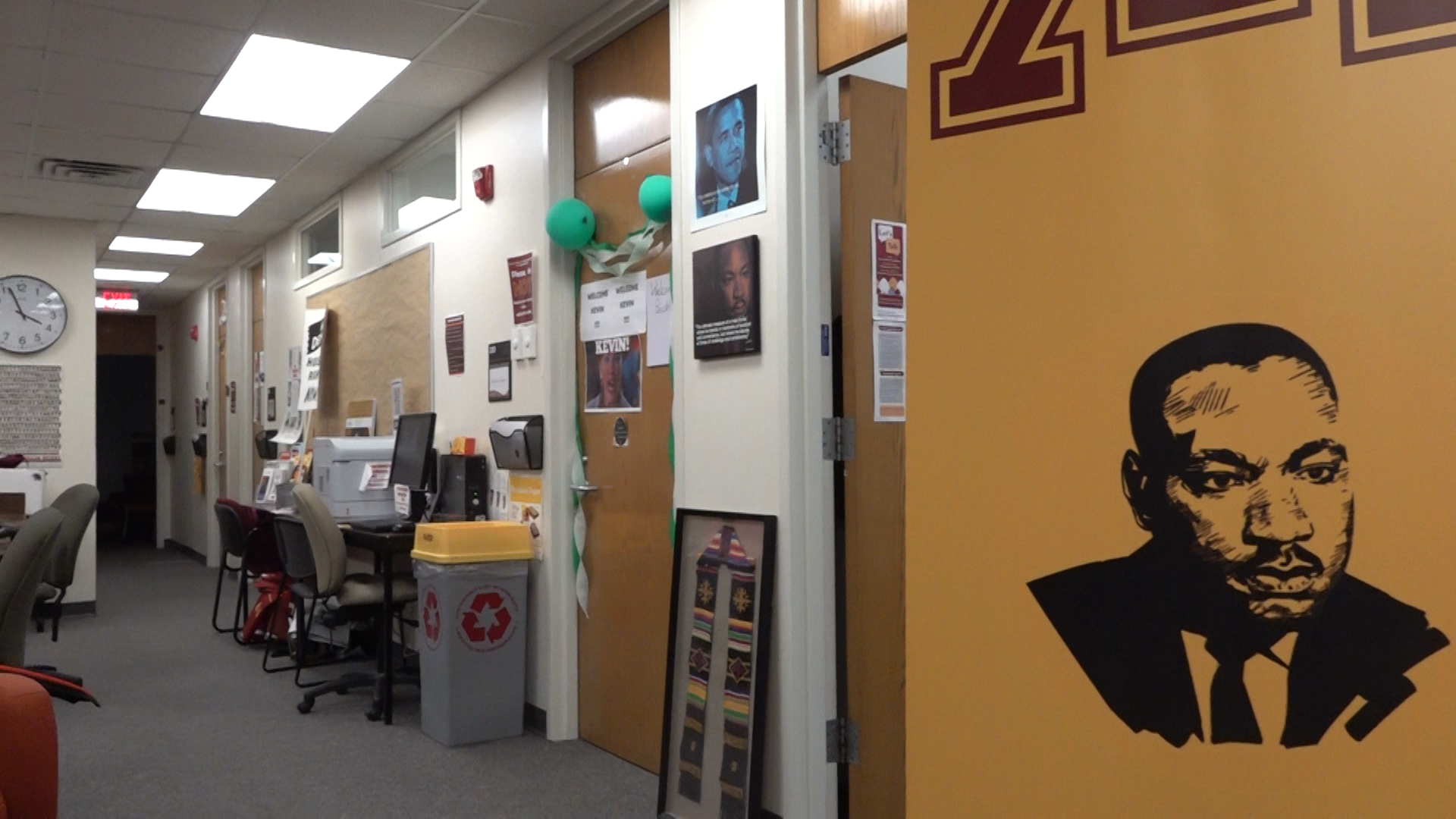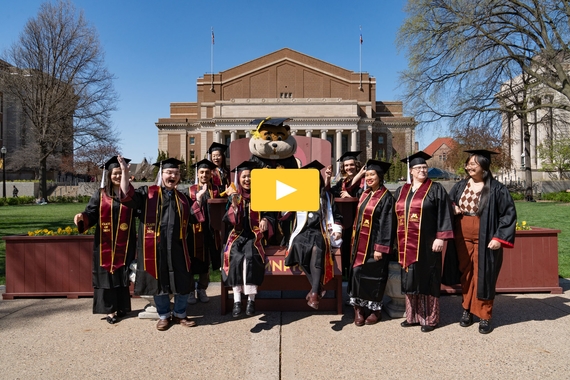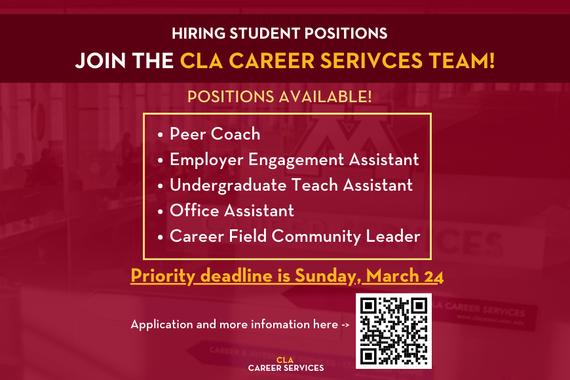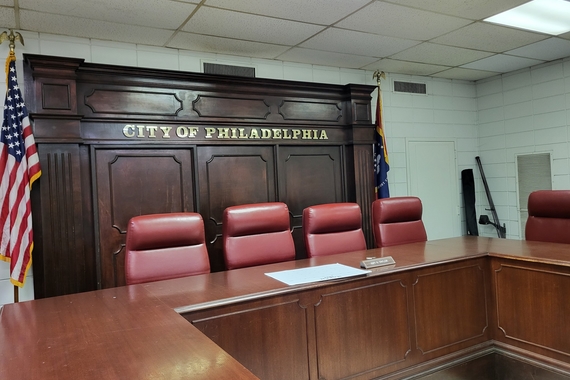University of Minnesota students set out to learn about civil rights over spring break
Video of Pre-Trip Preparation by Calli Hadler
For many college students, spring break is a time of relaxation, visiting home or partying with friends. But for 15 students at the University of Minnesota, this break is a time for learning and reflecting more on civil rights.
They’ll be achieving this through the MLK 3000 course offered through the University’s college of liberal arts’s Rev. Dr. Martin Luther King Jr. Program. The course teaches students a more in-depth history of the Black freedom movement, culminating in a trip over spring break to visit historical sites and figures.
Evan Johnson, a senior advisor with the MLK program, said he wanted students to learn about the connection between past and present.
“The past, as we like to say it, isn’t something that’s super far back convictive,” Johnson said. “It is very alive and present and connected with us today. James Baldwin and others have said that many of us are trapped in a history we don’t understand. And until you understand it, you can’t be released from it, nor be informed on how you want to change it.”
For the past seven weeks, Professor Ezra Hyland has worked with the class to educate them about King and his teachings. Hyland used topics like King’s three evils of society and King’s speech on the 1955 Montgomery Bus Boycott to prepare students for the trip.
Along the trip, students and faculty will experience important destinations from the movement, such as:
- The National Civil Rights Museum in Memphis, Tennessee, built around the site of King’s assassination
- 16th Street Baptist Church in Birmingham, Alabama, the site of a 1963 Ku Klux Klan bombing that killed four children
- The Legacy Museum and National Memorial for Peace and Justice in Montgomery, Alabama, detailing the story of slavery and violence towards Black people
Along with historic locations, students will hear firsthand experiences of guest speakers, which include:
- Sarah Collins Rudolph, a survivor of the 16th Street church bombing
- Dave Dennis, former co-director of the Council of Federated Organizations and one of the organizers of the 1964 Mississippi Freedom Summer
- University of Minnesota graduate Dr. Horace Huntley
Huntley was also one of the leaders of the University’s 1969 Morrill Hall Takeover in which 70 black students with the Afro-American Action Committee refused to leave the hall for 24 hours in protest of University then-President Malcolm Moos’s failure to accommodate their demands.
The demands, such as an increase in recruitment and scholarships for Black high schoolers, increased support and counseling for Black students at the University, and increased representation on policy-making groups, were later called “eminently reasonable” by Moos.
The actions of those students resulted in the creation of the University’s department of African American and African Studies and MLK program.

Dr. Amelious Whyte, interim director for diversity equity and inclusion in the University’s college of liberal arts, believes experiencing the people and places that shaped the present allow students to better connect the events of the past to the happenings of modern day.
Isaac Wahl, a first-year student in the class, said they also believe the on-site experience will be rewarding.
“I just think it’s going to be super important to immerse ourselves into the space that we’re learning about,” Wahl said. “Learning about something from a book or lecture is helpful, but only to a certain extent.”
By Alec Zadra


